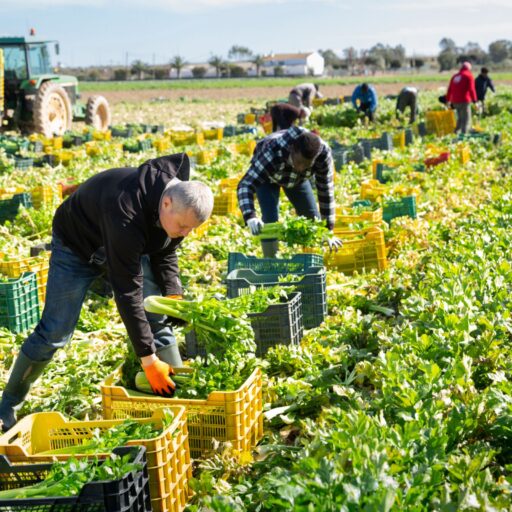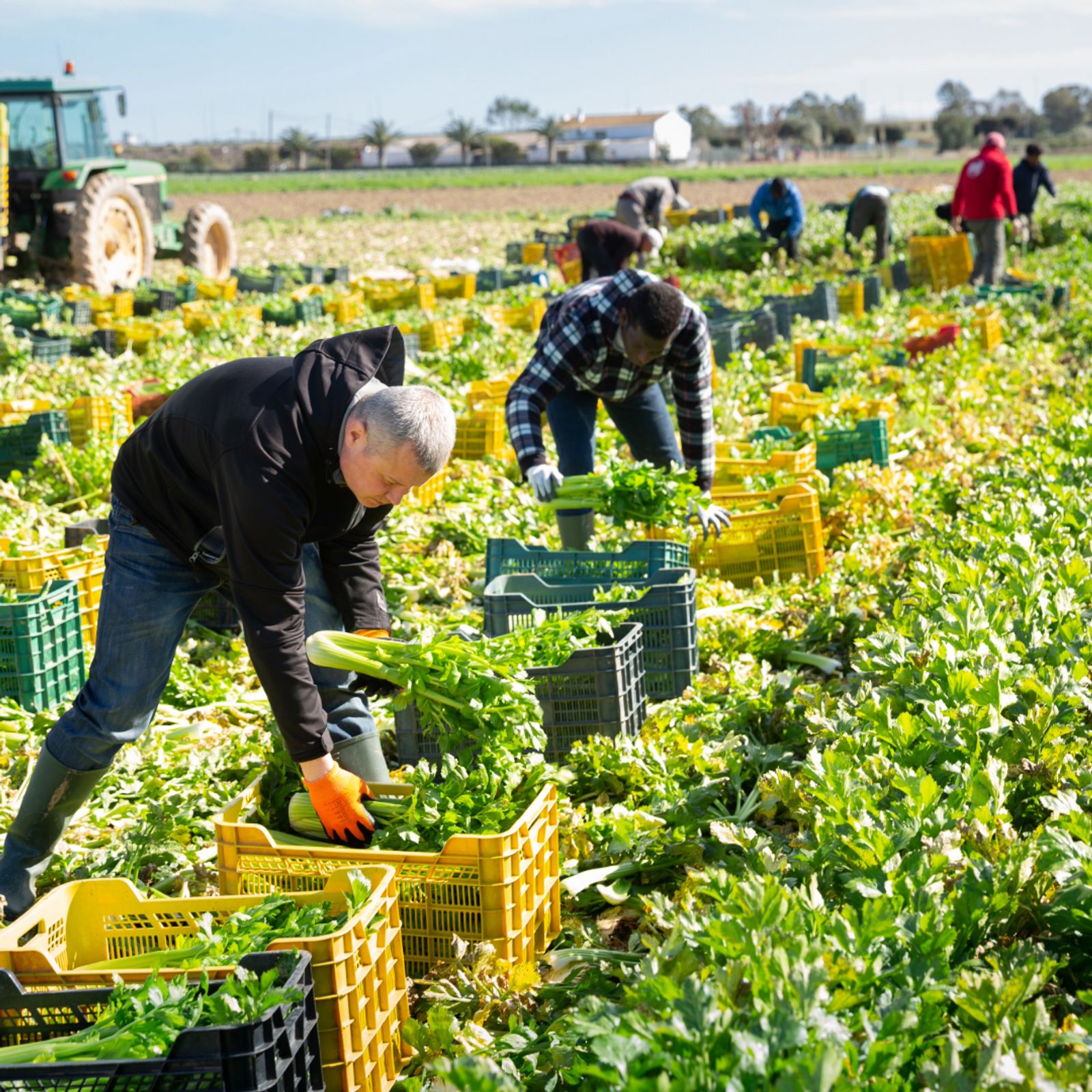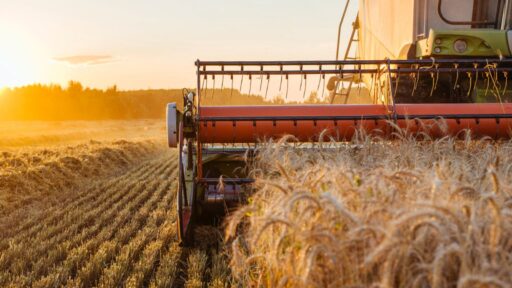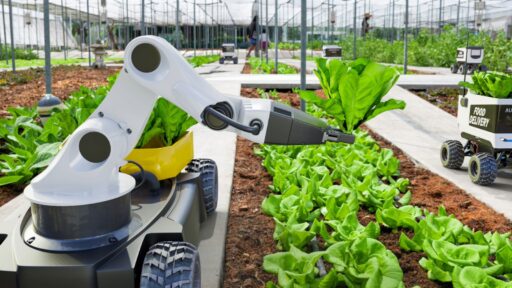Discover Why CRM Is Essential for Agriculture in 2025 :
A Sector Undergoing Major Change
By 2025, the sector of agriculture is experiencing profound transformations: digitalization, shifting consumer expectations, and the ecological transition. Farmers are no longer focused solely on production; they must also manage relationships with suppliers, track customers, handle subsidy applications, and coordinate cooperatives. A CRM (Customer Relationship Management) system is essential to centralize data and structure all interactions—whether commercial, logistical, or administrative.
Agriculture’s Unique Challenges
First of, farmers interact daily with a multitude of partners:
Direct Customers (individuals, restaurants, CSA members) demand high-quality, transparent, and regularly delivered products.
Distributors and Purchasing Hubs require volume negotiations, pricing management, and strict delivery schedules.
Processors (cooperatives, canning facilities, wineries) depend on raw material quality and timing.
Agricultural Cooperatives facilitate shared resources, logistics, and market access.
Public Agencies handle subsidy applications (Common Agricultural Policy, national aid schemes), phytosanitary inspections, and certifications (e.g., organic, sustainable agriculture).
These stakeholders demand careful order tracking, precise delivery planning (often aligned with harvest seasons), and a detailed customer history (volumes, quality, invoicing, returns). Without a dedicated tool, the proliferation of spreadsheets, emails, and phone calls quickly becomes chaotic. This creates a a high risk of mistakes such as missed deliveries, late subsidy filings, or poor margin visibility.
Common Mistakes Without a CRM
Wasting Time Searching for Customer Info:
Contact details scattered across ERP, spreadsheets, and emails; no centralized view of purchase history or customer preferences.
Difficulty Managing Follow-Ups and Recurring Orders:
Without automation, it’s easy to forget to re-contact customers for recurring commitments (weekly produce baskets, annual CSA subscriptions), leading to lost sales.
No Purchase History for Sales Optimization:
Without records of customer volumes, it’s impossible to identify the most profitable clients, properly segment offerings, or tailor promotions.
Lack of Tracking for Subsidies and Certifications:
Missing a deadline for a subsidy application (e.g., CAP) or failing to track organic certification renewals can lead to penalties or loss of premium labels.
These shortcomings harm productivity, customer relationships, and the financial health of the farm.
How a CRM Transforms Efficiency
An agricultural CRM centralizes all customer data. This includes contacts, order history, product preferences (organic, specialty baskets), purchase volumes, and payment methods. It also tracks sales and schedules recurring tasks:
Automated Sales Follow-Ups: schedule automatic promotional offers before holidays or at the start of seasonal markets. For example, a winemaker could set up a custom email campaign in late November to “gift” customers and previous buyers, sampling vintages of the year’s harvest.
Weekly Delivery Management: a market gardener can plan distribution routes using subscriber addresses, with automated reminders to assemble produce baskets 48 hours before shipping.
Order and Payment Tracking: record payment receipts to trigger the preparation of orders and the creation of delivery slips automatically.
Subsidy and Certification Monitoring: set reminders for CAP application deadlines or organic certification renewals, attaching required documents (certificates, invoices) to each alert.
With these capabilities, the CRM becomes the heart of the information system: every department (sales, production, accounting, logistics) works from the same up-to-date data. Thus improving internal communication and eliminating redundancies.
Conclusion
By 2025, a tailored CRM for the agriculture sector professionalizes both commercial and administrative management. It lightens farmers’ mental workload by automating repetitive tasks and centralizing information. From optimizing distribution routes to managing subsidies, it strengthens customer relationships, boosts responsiveness, and supports sustainable growth. Investing in an agriculture-specific CRM is no longer optional. It is now a strategic necessity for staying competitive and adapting to ever-changing market demands.












